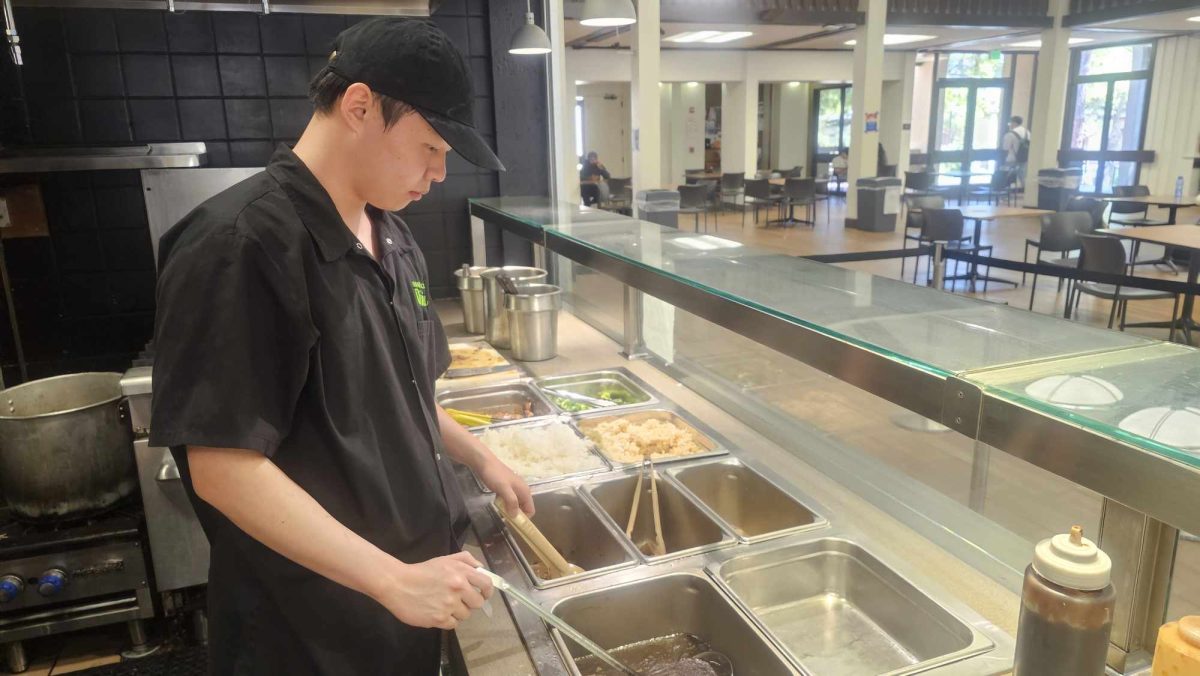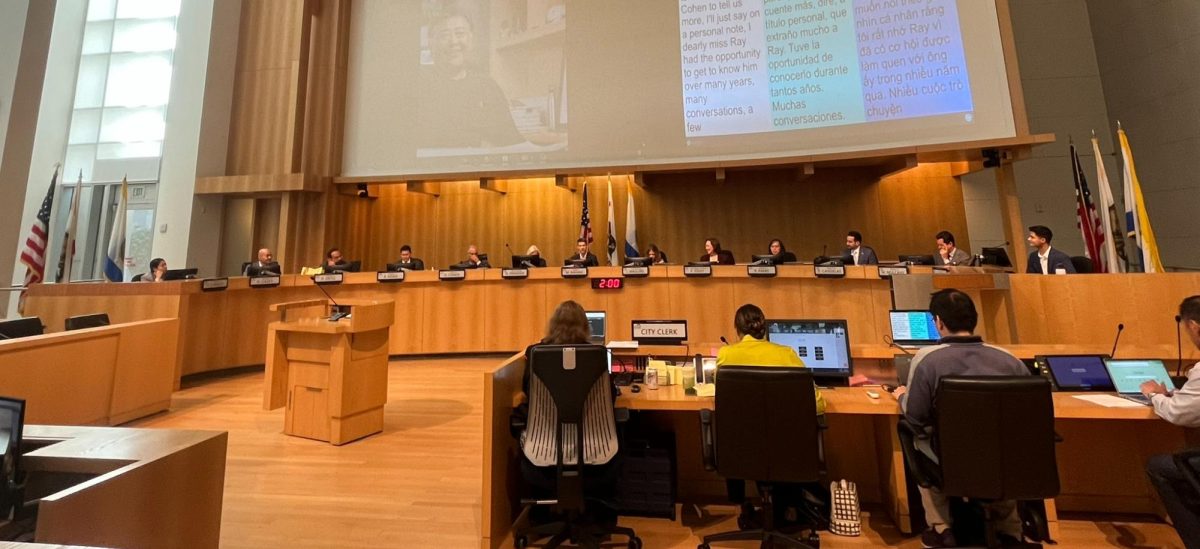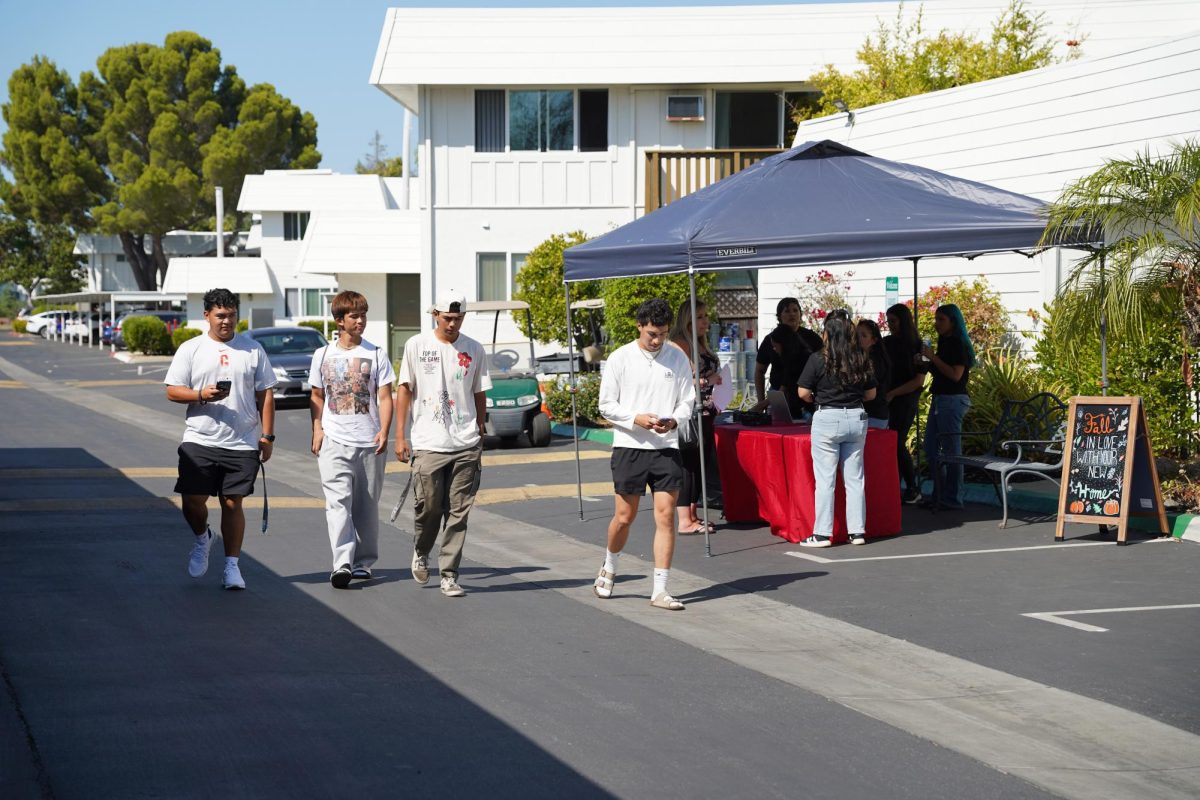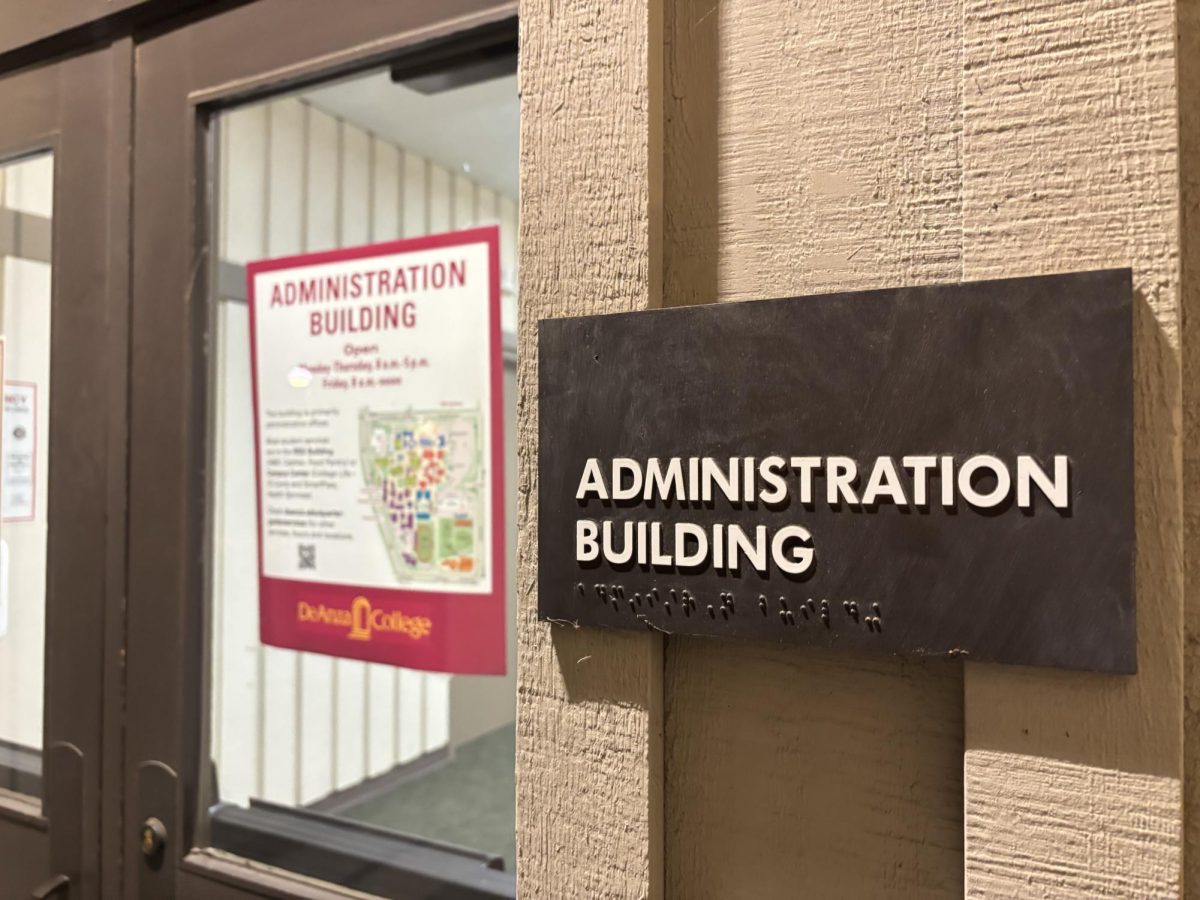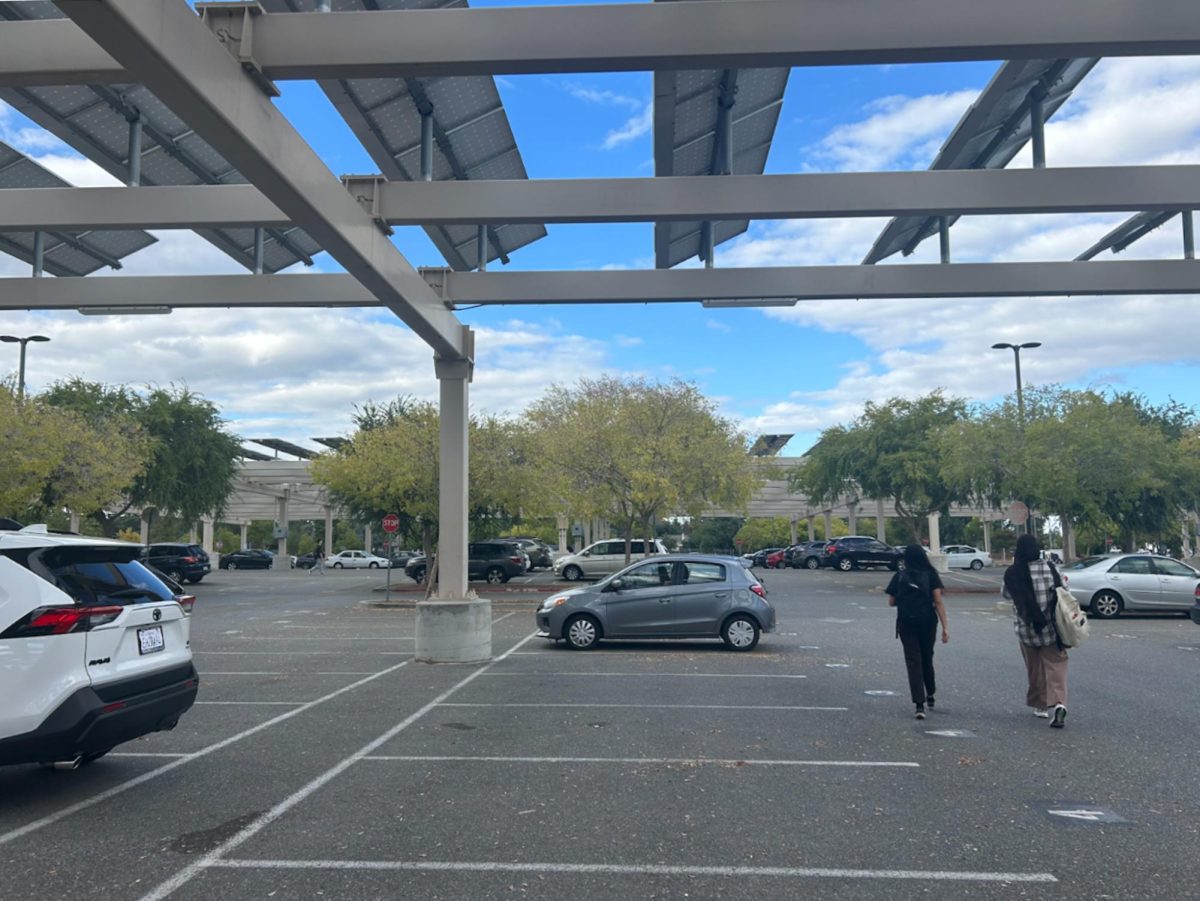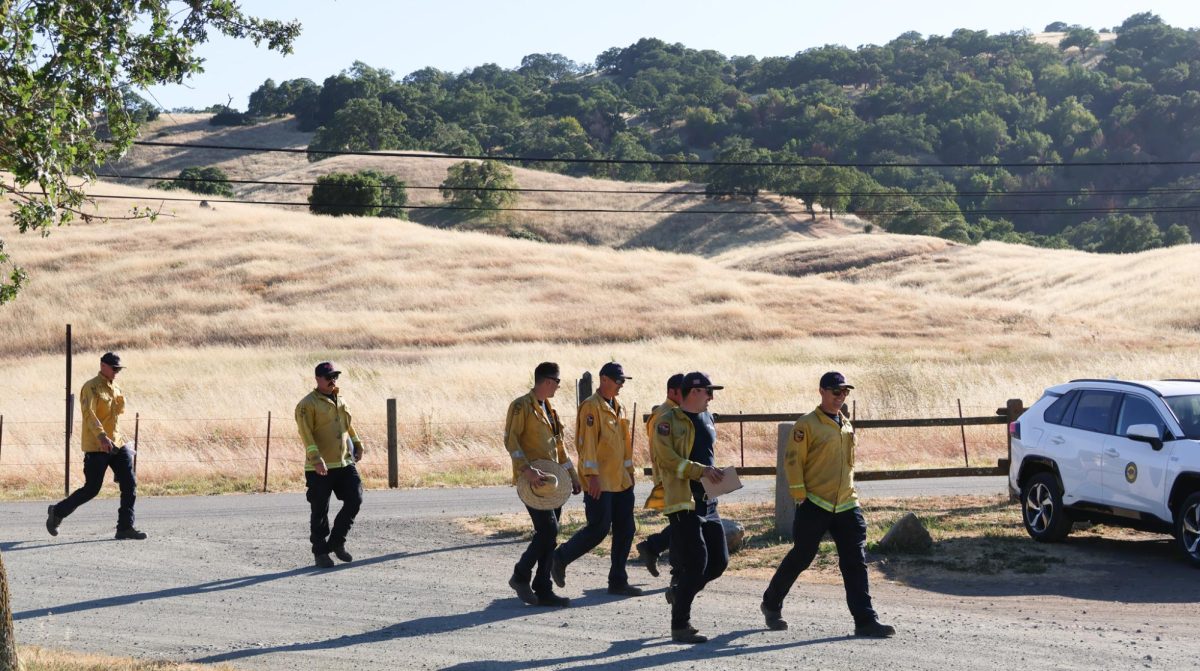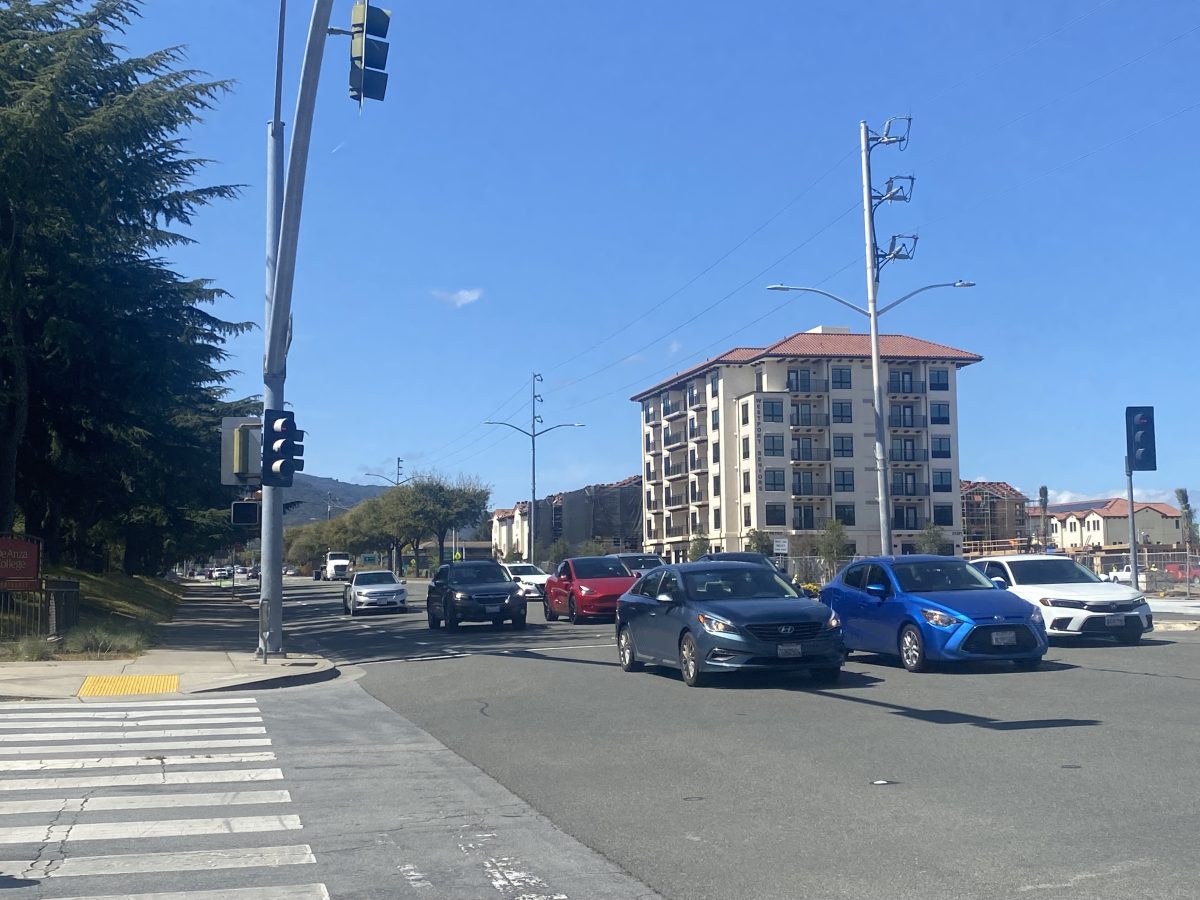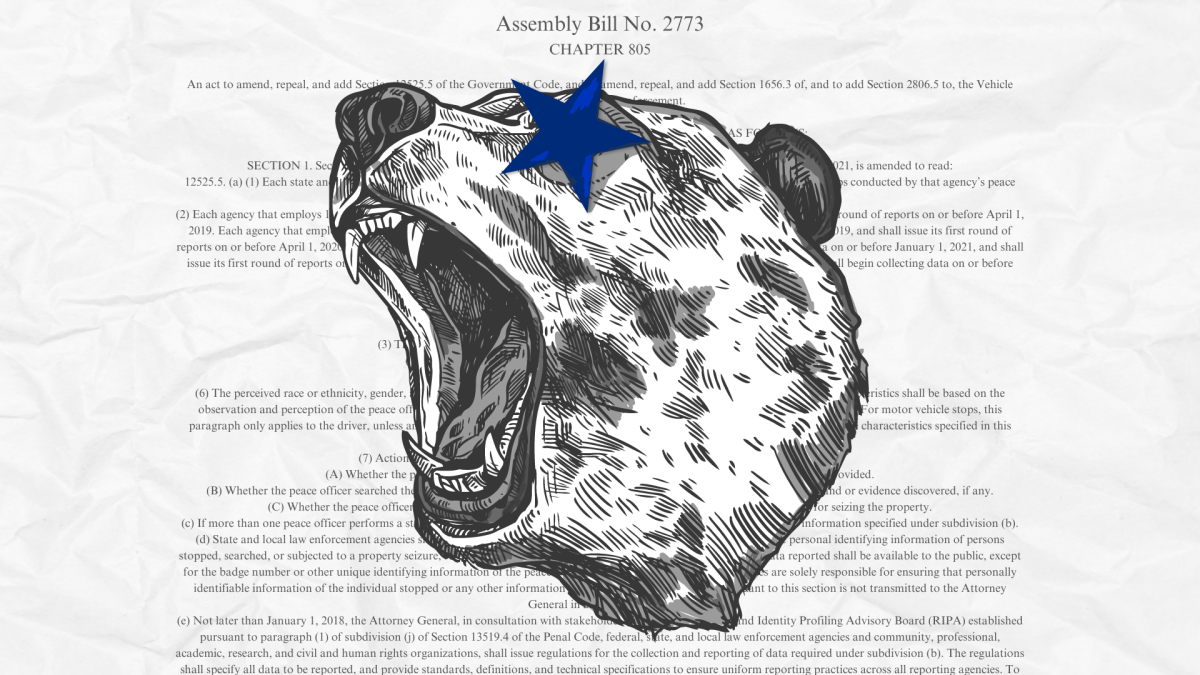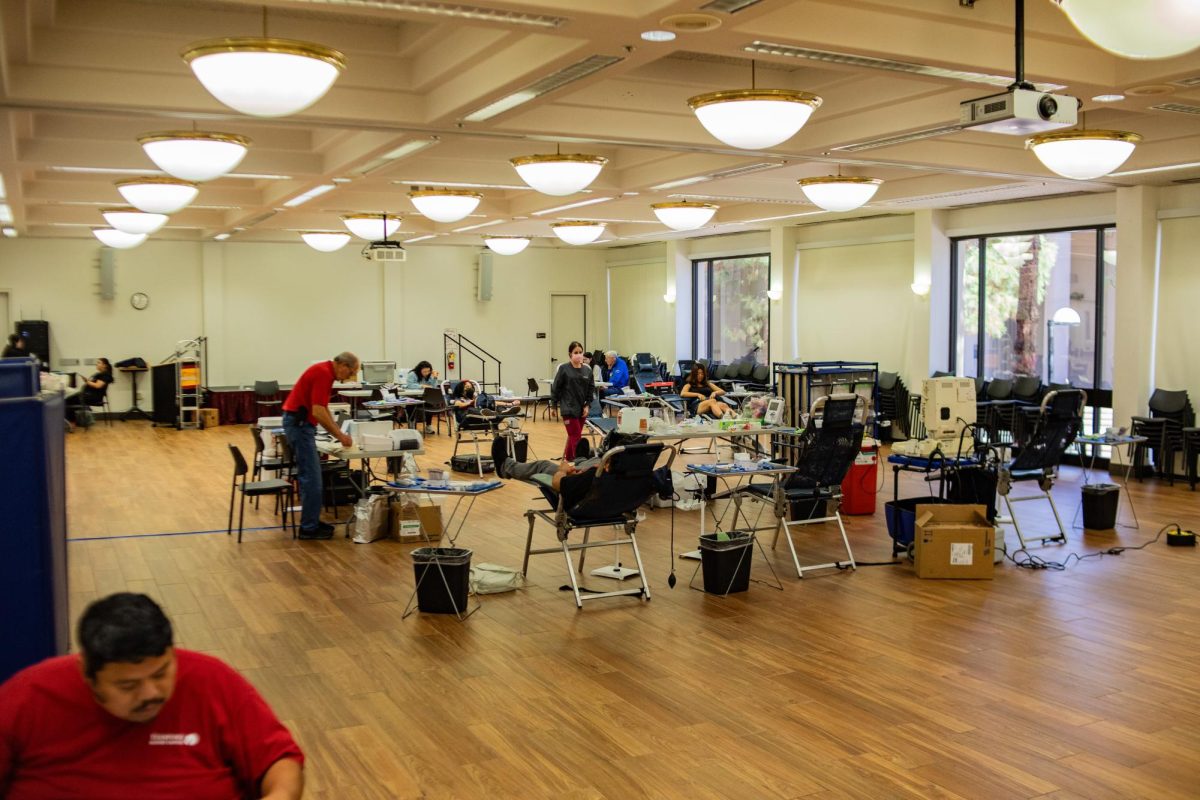The California State Legislature passed a $20 minimum wage law for fast-food workers on April 1 to help reduce the burden of a high living cost.
Assembly Bill 1228 increases fast food worker’s minimum wage by 25% which provides financial assistance to workers in the food-service industry..
Lauren Bui, 20, journalism major and former editor-in-chief for La Voz, who works at Panda Express said the pay rate increase at her work rises in cents instead of dollars.
“Whenever a pay rate increases, (it) is only like (in) cents. It’s not even like one dollar so it’s very hard and it’s like a six months performance review,” Bui said. “So like every six months, you get like 25 cents more and it really depends on your managers.”
This new law implementation has been a long time coming after all of the battles between the fast-food industry and labor unions over wages and employee welfare.
How much of an effect this legislation will have on fast-food workers and their livelihood remains to be seen.
Sara Pabriaga, 20, sociology major, who works at Starbucks, said the increased pay from her initial $17.25 wage has helped her in “every area of life.”
There was an unexpected twist that came with the increase in wages, she said.
“What’s interesting is that the tax percentage has also increased,” Pabriaga said. “So it’s still sort of similar like (the) same amount of what I was getting before.”
The change in pay rate has been implemented immediately for Pabriaga while there are other workers in the food industry that are still waiting for their piece of the pie.
Oliver Tran, 19, computer science major, is an international student who works part-time at the Noodle Bar next to the cafeteria on the De Anza campus. He said he has not seen the $20 wage increase in this paycheck yet.
“He (his uncle) talked to me (and said,) ‘We’re gonna increase to $20 minimum wage,’” Tran said. “I’m waiting for that.”
There is a reason why Tran has not received his wage increase. The new $20 minimum wage law for fast-food workers does have a set criteria in terms of which type of food venue it will have an effect on.
It must be a “limited service restaurant that offers limited or no table service” and has at least “60 establishments nationwide” according to the fast food minimum wage government page. The website also states that “a bakery that ‘produces’ and ‘sells’ bread that weights at least ½ pounds after cooling as a stand-alone item” is exempt from the new law.
This wage increase also affects fast-food business owners and management’s profit margins, which raises the price of food.
Bui, who works as a ship lead at Panda Express, said the company increases their menu prices every time there is inflation or a change in the economy.
“From a company standpoint, they don’t lose a lot because they increase the wage for the employee but then their profit will increase as well because they increase their prices,” Bui said. “The one who is losing is the customer.”
Categories:
New $20 minimum wage for fast food workers
Assembly Bill 1228 was created to assist low-income families with the high cost of living in the state
Oliver Tran, 19, a computer science major, works at the Noodle Bar in De Anza’s cafeteria on April 22.
Fast food workers in California now make $20 an hour, a 25% increase in their minimum wage, a change which began on April 1. Multimedia editor Nello Puelles talks about this new California law and interviews fast food workers who share their opinions and thoughts.
Story continues below advertisement
More to Discover
About the Contributors

Sonny La, Freelance Reporter
I have always enjoyed my time with La Voz and I hope to continue to see it grow and prosper.

Nello Puelles, Multimedia Editor
Nello would love to direct a news show or podcast and help his community.



